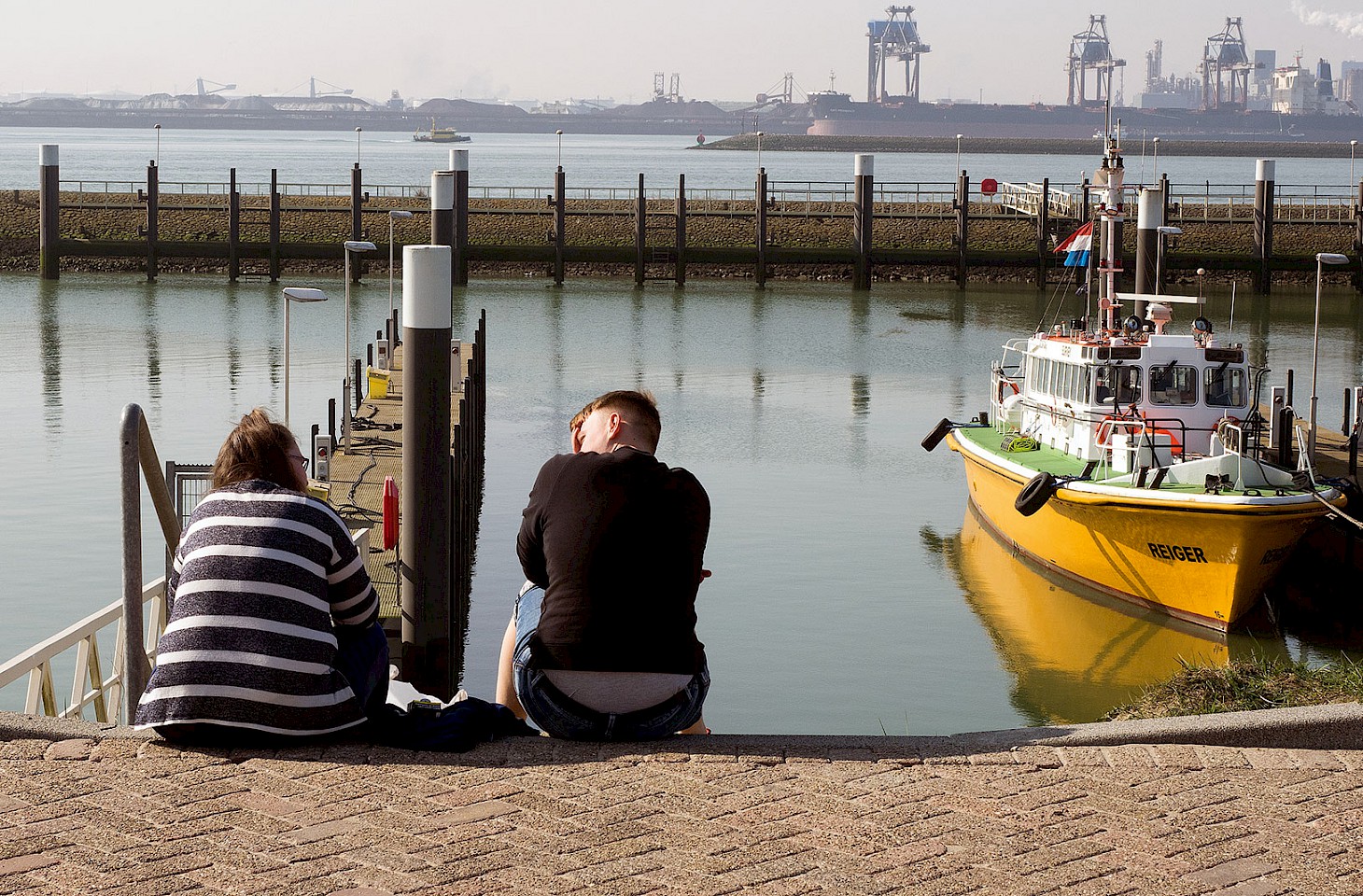This autumn marks the centenary of a rare moment in international relations. On 15 November 1920, two European ports were granted special privileges as independent city-states. The Free City of Danzig and Free State of Fiume were respectively on Baltic and Adriatic shores. In each case, the then newly created League of Nations had a key role in guaranteeing the independence of these two unusual and very different polities. The story of Danzig is well known, its creation prompted by major geopolitical concerns and the need to give Poland assured access to a major seaport. The special status of Fiume was less governed by affairs of state, but more by a need to curtail the antics of a wayward playwright.
Our story about the Free State of Fiume starts not on the Adriatic but in a Mediterranean seaside resort. By November, the very last of the summer warmth has faded in Rapallo. The Ligurian coastal town, where Wassily Kandinsky spent four winter months from late 1905, becomes much quieter as the first winter rains sweep in from the Mediterranean. There are still the scents of Liguria — salted anchovies and olives — but many of the green shutters along the seafront are now barred shut.
But in November 1920, there were visitors to Rapallo who didn’t rush to leave. Representatives of two European kingdoms, Italians on the one hand and a South Slav alliance on the other, stayed at the negotiating table, working day after day to hammer out an agreement.



